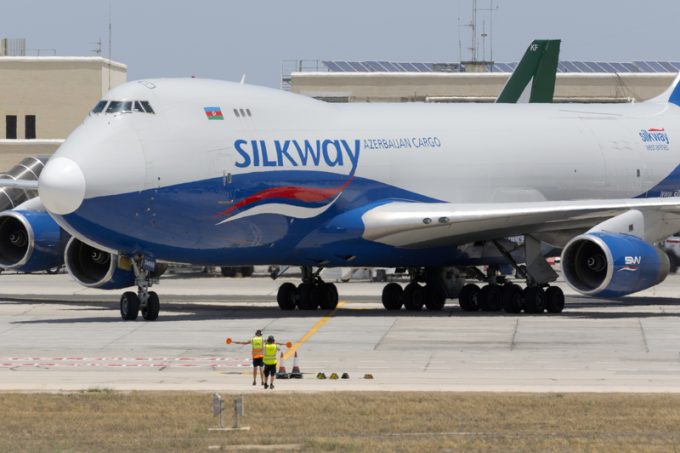News in Brief Podcast | Week 18 | Transpac chaos and Q1 earnings
In this episode of The Loadstar’s News in Brief Podcast, host and news reporter Charlotte Goldstone ...

This may be the age of the digital facilitator, but the one constant in business remains transport and logistics, according to senior vice president of Silk Way Group Wolfgang Meier.
Mr Meier told delegates at the Caspian Air Cargo Summit in Baku this week air cargo ...
Keep our news independent, by supporting The Loadstar
Red Sea crisis has driven most new capacity into extended Asia-Europe trades
Carrier price hikes hold, driving spot rates higher as space gets scarcer
Crew forced to abandon ship in latest fire on vessel carrying EVs
The Loadstar Podcast | Transport Logistic and Air Cargo Europe 2025
Carriers on the hunt for open tonnage again as transpacific rates soar
'Now or never' for Kuehne and DHL GF to hit back at DSV
Explosions and 'out-of-control' fire reported on Wan Hai box ship

Comment on this article